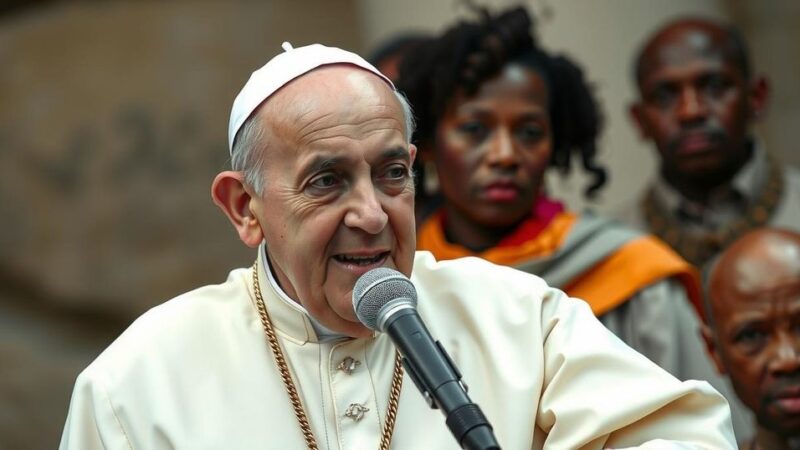Elon Musk has initiated a $1 million daily giveaway to incentivize registered voters in Pennsylvania to sign a conservative petition linked to his super PAC. While this effort aims to increase voter registration prior to a deadline, it raises significant legal questions regarding the legality of compensating individuals for petition signatures, as federal law prohibits payment for voter registration and voting. Musk’s approach may be testing the limits of these regulations.
Elon Musk is intensifying his efforts to leverage his financial resources to support Donald Trump in Pennsylvania, while simultaneously attracting significant legal scrutiny. On a recent Saturday evening, Mr. Musk announced that he would conduct a daily giveaway of $1 million to a randomly selected registered voter in Pennsylvania who has signed a conservative petition initiated by his super PAC. This initiative is part of Mr. Musk’s strategy to boost voter registration in the critical swing state before an imminent registration deadline. Federal law prohibits any form of compensation for registering to vote or voting, which constitutes a criminal offense. The Justice Department’s guidance clarifies that this prohibition extends to anything of monetary value, including cash, alcohol, lottery tickets, and welfare benefits. Nevertheless, there exist legal avenues to incentivize voter participation; for instance, organizations can provide transportation to polling places and employers can grant paid leave for voting. Supporters of Mr. Musk contend that his initiative does not constitute illegal voter compensation. They argue that he is not directly compensating individuals for voter registration but is instead offering financial incentives in return for petition signatures exclusively from registered voters. This caveat, they assert, places the initiative within the bounds of legality. Since the petition’s introduction earlier this month, Mr. Musk has successively increased the monetary incentives to encourage participation. Initially, he offered $47 for each successful referral to the petition, which he later raised to $100, proposing to compensate both the signatories and the referrers. During a town hall event in Harrisburg, Pennsylvania, Mr. Musk conferred the first $1 million prize to John Dreher, a voter he invited on stage as a symbol of his commitment to this initiative. This development indicates Mr. Musk’s bold approach amidst an intricate legal landscape concerning electoral regulations.
Elon Musk is a prominent billionaire entrepreneur known for his influential role in various industries, including technology and space exploration. His recent actions in the political arena signal an increasing trend among wealthy individuals utilizing their resources to shape electoral outcomes. The legal implications of financial incentives related to voter engagement are complex, involving stringent federal laws designed to ensure the integrity of the electoral process. This article evaluates Musk’s latest initiative and its potential legal ramifications within this challenging context.
Elon Musk’s $1 million giveaway to incentivize voter registration in Pennsylvania has sparked a debate regarding the legality of such financial incentives in the electoral process. While Musk’s allies assert that their approach does not violate federal law, election lawyers warn that the initiative may be bordering on illegality. As the situation unfolds, it highlights the need for clarity concerning the boundaries of legal election-related financial incentives in the United States.
Original Source: www.nytimes.com







